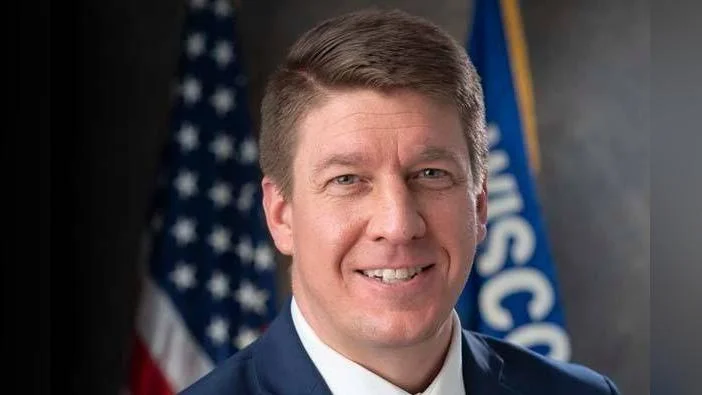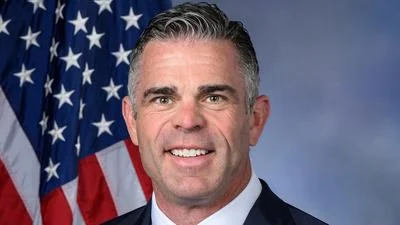Eric Wimberger, Wisconsin State Senator for 2nd District | Official Facebook
Eric Wimberger, Wisconsin State Senator for 2nd District | Official Facebook
According to the Wisconsin State Legislature's official website, the bill was described as follows: "an optional final hearing by affidavit for the dissolution of a marriage".
The following is our breakdown, based on the actual bill text, and may include interpretation to clarify its provisions.
In essence, this bill permits Wisconsin courts to grant a judgment of divorce or legal separation based on an affidavit signed by both parties, bypassing the need for an in-person hearing if specific conditions are met. To qualify, both parties must be represented by counsel or a qualified lawyer mediator, have filed a court-approved stipulation, and submit a detailed affidavit. The affidavit must confirm various requirements, including residency, any prior stipulations, understanding the prohibition on remarriage for six months post-judgment, and potential involvement in cases of domestic abuse. The bill amends and creates statutes to establish these provisions, aiming to streamline the dissolution of marriage process when both parties are in agreement, effective immediately upon judgment.
The bill was co-authored by Representative Ron Tusler (Republican-3rd District) and Senator Melissa Ratcliff (Democrat-16th District). It was co-sponsored by Representative Steve Doyle (Democrat-94th District), Representative Jerry L. O'Connor (Republican-60th District), and Representative Lori A. Palmeri (Democrat-54th District).
Eric Wimberger has authored or co-authored another 23 bills since the beginning of the 2025 session, with none of them being enacted.
Wimberger graduated from St. Cloud State University in 2001 with a BS and again in 2005 from Marquette Law School with a JD.
Wimberger, a Republican, was elected to the Wisconsin State Senate in 2025 to represent the state's 2nd Senate district, replacing previous state senator Robert Cowles.
In Wisconsin, the legislative process starts when a senator, constituent, group, or agency proposes an idea for a bill. After drafting, the bill is introduced, numbered, and referred to a committee for review and public input. If approved, it moves through three readings and votes in both the Senate and Assembly. Once both chambers pass the same version, the bill goes to the governor, who can sign it, veto it, or let it become law without a signature. Only a small share of bills introduced each session ultimately become law. You can learn more about the Wisconsin legislative process here.
| Bill Number | Date Introduced | Short Description |
|---|---|---|
| SB189 | 04/14/2025 | An optional final hearing by affidavit for the dissolution of a marriage |
| SB162 | 03/27/2025 | Bid requirement for publication and printing of county board proceedings, notices, and advertisements in counties having a population of 250,000 or more and at least two English newspapers published daily |
| SB161 | 03/27/2025 | A presumption that equalizing physical placement to the highest degree is in the child’s best interest |
| SB144 | 03/21/2025 | Eliminating a judgeship from district IV of the court of appeals and establishing an additional judgeship for district III of the court of appeals |
| SB128 | 03/14/2025 | Programs and requirements to address PFAS |
| SB127 | 03/14/2025 | Exempting certain persons from PFAS enforcement actions under the spills law. (FE) |
| SB84 | 02/26/2025 | Exempting certain conveyances between grandparents and grandchildren from the real estate transfer fee. (FE) |
| SB80 | 02/26/2025 | Statutory recognition of specialized treatment court and commercial court dockets |
| SB55 | 02/21/2025 | Prohibiting the Department of Justice from using the legal services of nongovernmental employees. (FE) |
| SB51 | 02/21/2025 | Flags flown at state and local government buildings and eliminating a related administrative rule |






 Alerts Sign-up
Alerts Sign-up